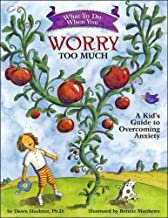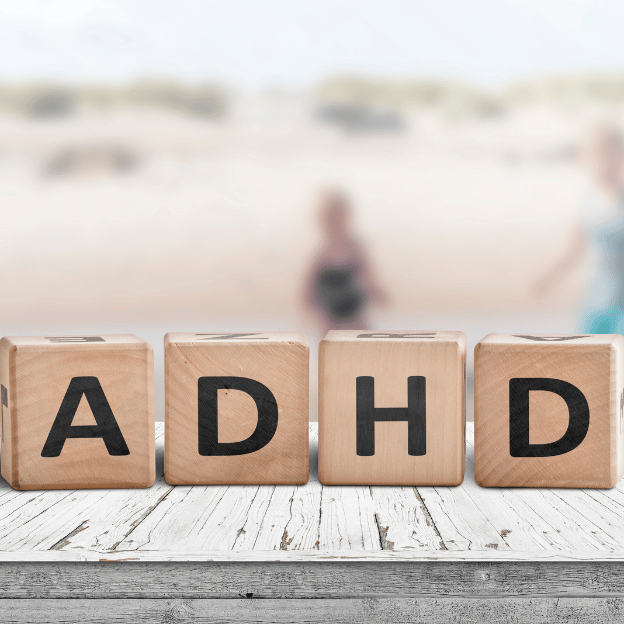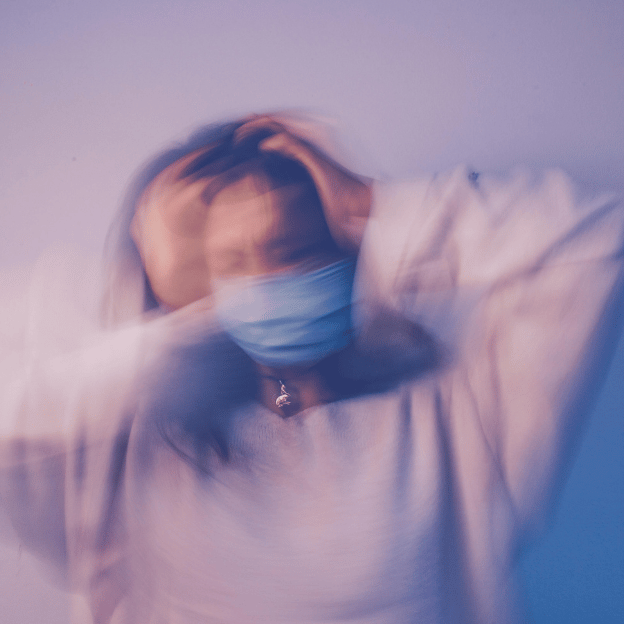Managing Anxiety: How Therapy Can Help You Regain Control

Strong 8k brings an ultra-HD IPTV experience to your living room and your pocket.
Anxiety is a common and natural response to stress, but when it becomes overwhelming, persistent, or interferes with daily life, it can feel debilitating. If you find yourself constantly worrying, experiencing physical symptoms like a racing heart, or avoiding situations out of fear, you’re not alone. The good news is that anxiety is highly treatable, and therapy can provide effective strategies to help you manage your symptoms, understand the root causes, and regain control over your life.
What Is Anxiety?
Anxiety is more than just feeling stressed or worried occasionally. It’s a persistent feeling of fear, apprehension, or unease that can interfere with your daily activities, relationships, and overall well-being. Anxiety affects how you think, feel, and behave, and it can manifest in both psychological and physical ways.
Common Types of Anxiety Disorders
Generalized Anxiety Disorder (GAD): Characterized by excessive, uncontrollable worry about everyday events, even when there’s little or no reason to worry.
- Panic Disorder: Involves sudden, intense episodes of fear or discomfort (panic attacks) accompanied by physical symptoms like heart palpitations, shortness of breath, or dizziness.
- Social Anxiety Disorder: Intense fear of social situations where one might be judged, embarrassed, or scrutinized by others.
- Specific Phobias: Extreme fear of specific objects, situations, or activities, such as heights, flying, or spiders.
- Separation Anxiety Disorder: Excessive fear or anxiety about being separated from loved ones, often seen in children but can also affect adults.
- Obsessive-Compulsive Disorder (OCD) and Post-Traumatic Stress Disorder (PTSD): While these conditions are distinct, they often involve anxiety-related symptoms.
Signs and Symptoms of Anxiety
Anxiety can show up differently for everyone, but common symptoms include:
- Excessive worry or fear that is difficult to control
- Feeling restless, tense, or on edge
- Racing thoughts or inability to concentrate
- Physical symptoms like rapid heartbeat, sweating, trembling, or shortness of breath
- Fatigue or trouble sleeping (insomnia)
- Avoiding situations that trigger anxiety
- Feeling irritable or easily overwhelmed
If anxiety is interfering with your daily life, relationships, work, or personal well-being, therapy can be an important step toward finding relief.
How Therapy Helps Manage Anxiety
Therapy provides a safe, non-judgmental space to explore your thoughts, feelings, and behaviors related to anxiety. A skilled therapist can help you identify the root causes of your anxiety, develop healthy coping strategies, and build resilience. Here’s how therapy can make a difference:
- Identifying Triggers: Therapy helps you recognize the situations, thoughts, or experiences that trigger your anxiety.
- Changing Unhelpful Thought Patterns: Cognitive-behavioral techniques help you challenge negative thinking patterns and replace them with healthier, more balanced perspectives.
- Developing Coping Strategies: Learn practical tools to manage anxiety in the moment, such as grounding techniques, deep breathing, and mindfulness practices.
- Building Emotional Regulation Skills: Therapy teaches you how to regulate intense emotions, reduce reactivity, and respond to stress more effectively.
- Addressing Underlying Issues: Sometimes anxiety is rooted in past trauma, unresolved grief, or other emotional experiences. Therapy helps you process these issues in a supportive environment.
- Improving Self-Esteem and Confidence: As you gain insight into your anxiety and develop new skills, therapy can help boost your self-confidence and sense of control.
Evidence-Based Therapies for Anxiety
Several therapeutic approaches are highly effective in treating anxiety disorders:
- Cognitive-Behavioral Therapy (CBT): The gold standard for anxiety treatment, CBT focuses on identifying and changing negative thought patterns that contribute to anxiety.
- Exposure Therapy: Gradually and safely exposes individuals to feared situations to reduce avoidance behaviors and desensitize anxiety triggers.
- Mindfulness-Based Stress Reduction (MBSR): Teaches mindfulness techniques to increase present-moment awareness, reduce worry, and manage anxiety symptoms.
- Acceptance and Commitment Therapy (ACT): Helps individuals accept difficult emotions while committing to actions that align with their values.
- Dialectical Behavior Therapy (DBT): Focuses on emotional regulation, distress tolerance, and mindfulness, especially helpful for individuals with intense emotional experiences.
- Eye Movement Desensitization and Reprocessing (EMDR): Effective for anxiety related to trauma, EMDR helps process distressing memories and reduce emotional triggers.
Your therapist will work with you to determine the most effective approach based on your specific needs and goals.
When to Seek Therapy for Anxiety
It’s normal to experience occasional anxiety, but therapy can be especially helpful if you:
- Feel anxious most of the time or without a clear reason
- Experience panic attacks or physical symptoms like chest tightness, dizziness, or shortness of breath
- Find it difficult to control your worry or fear, even when you know it’s irrational
- Avoid situations, people, or places because of anxiety
- Struggle with sleep, appetite, concentration, or daily functioning due to anxiety
- Use substances or unhealthy coping mechanisms to manage anxiety
- Notice anxiety interfering with your relationships, work, or quality of life
Reaching out for help is a sign of strength, not weakness. Therapy can provide the support, tools, and guidance you need to manage anxiety and reclaim your life.
Practical Strategies to Manage Anxiety Between Therapy Sessions
In addition to therapy, here are some self-help strategies that can help you manage anxiety:
Practice Deep Breathing: Slow, deep breaths activate the body’s relaxation response, reducing physical symptoms of anxiety.
Grounding Techniques: Use your senses to anchor yourself in the present moment, such as the 5-4-3-2-1 technique (identify 5 things you see, 4 you feel, 3 you hear, 2 you smell, 1 you taste).
Exercise Regularly: Physical activity releases endorphins, reduces stress, and improves mood.
Limit Stimulants: Reduce caffeine, alcohol, and sugar, as they can exacerbate anxiety symptoms.
Establish a Routine: Structure and predictability can help reduce feelings of overwhelm.
Challenge Negative Thoughts: Ask yourself, “Is this thought based on facts or assumptions?” and reframe negative thinking patterns.
Stay Connected: Reach out to supportive friends, family, or support groups when you’re feeling anxious.
Mindfulness and Meditation: Practicing mindfulness helps reduce worry about the future and rumination about the past.
While these strategies can be helpful, therapy offers a deeper level of support to address the root causes of anxiety and develop long-term coping skills.
Anxiety Therapy at Restorative Counseling Services
At Restorative Counseling Services, we offer specialized anxiety therapy in Atlanta and Roswell tailored to meet your unique needs. Our experienced therapists provide a safe, supportive environment where you can explore your anxiety, develop effective coping strategies, and regain control over your life.
Whether you’re dealing with generalized anxiety, panic attacks, social anxiety, or stress-related concerns, we’re here to help you find relief, build resilience, and thrive.
Conclusion
Anxiety can feel overwhelming, but you don’t have to face it alone. Therapy provides the tools, support, and guidance you need to understand your anxiety, manage your symptoms, and live a more peaceful, fulfilling life. If you’re ready to take the first step toward healing, reach out to Restorative Counseling Services today. Together, we can help you regain control, find clarity, and create the life you deserve.
Note: IndiBlogHub features both user-submitted and editorial content. We do not verify third-party contributions. Read our Disclaimer and Privacy Policyfor details.







